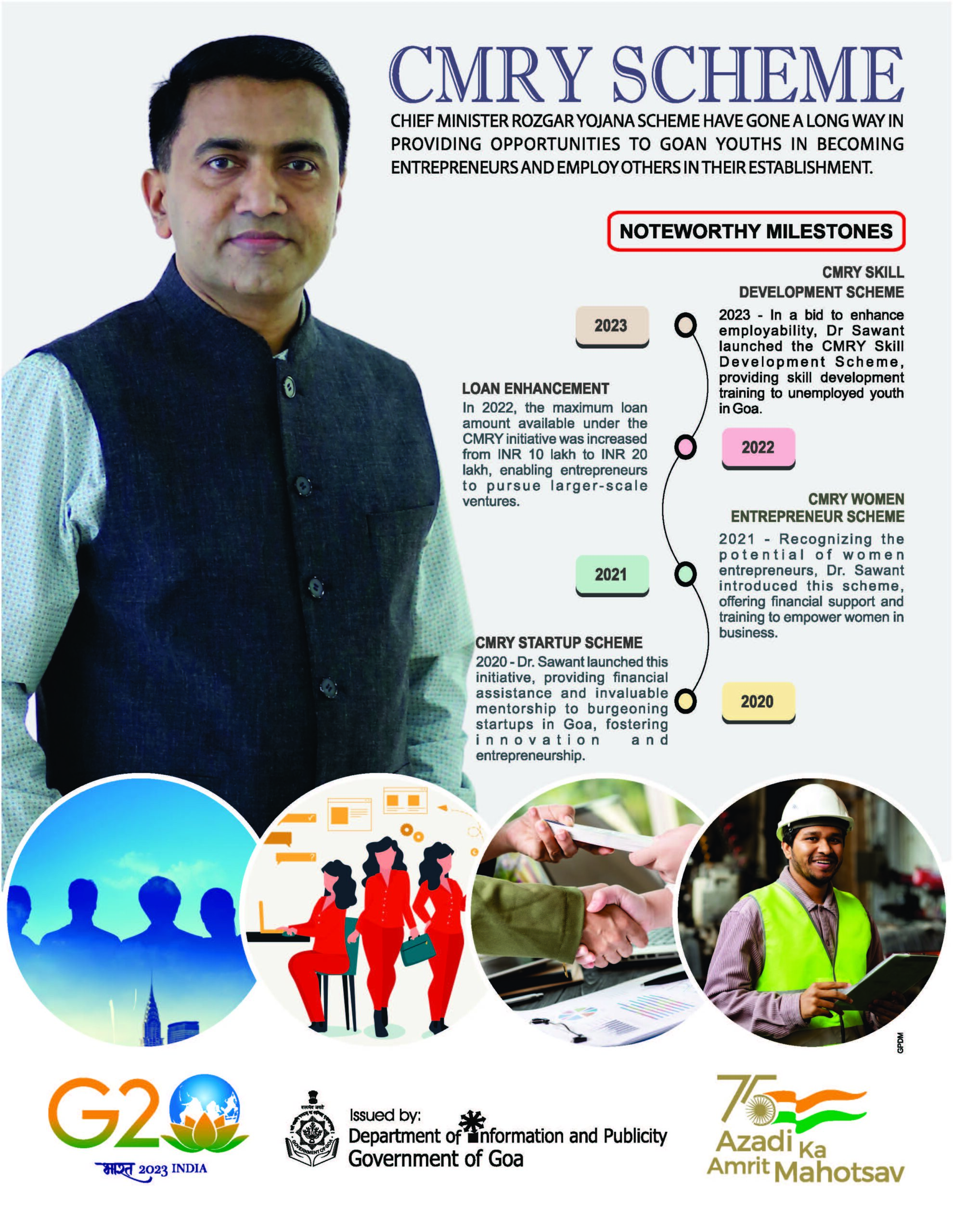Before delving deeper into the article, let’s take a brief synopsis of the farm bill that’s been in the headlines for over six months now. Owing to the ongoing farm protest in the country’s capital, too much detailed analysis has been done on the subject. Therefore, we have just skimmed the three laws with related concerns for easy understanding.
| Act | Farmers’ Produce Trade and Commerce (Promotion and Facilitation) Act: | Farmers (Empowerment and Protection) Agreement on Price Assurance and Farm Services Act | Essential Commodities (Amendment) Act: |
| What it says | Allows intra-state and inter-state trade of farmers’ produce beyond the physical premises of APMC markets. State governments are prohibited from levying any market fee, cess, or levy outside APMC areas. | Creates a framework for contract farming through an agreement between a farmer and a buyer prior to the production or rearing of any farm produce. It provides for a three-level dispute settlement mechanism: the conciliation board, Sub-Divisional Magistrate and Appellate Authority. | Allows the central government to regulate the supply of certain food items only under extraordinary circumstances (such as war and famine). Stock limits may be imposed on agricultural produce only if there is a steep price rise. |
| What it means | ● Will reduce the role of middle-man (brokers)
● Beneficial to small farmers (due to price rationalization and elimination of middlemen). Large farmers remain unaffected in the short run but may lose out in the long run as they lose out their domination in respective mandis. ● Initial step towards rationalization of farm prices and phasing out of MSP
|
● Opens up the farm sector for contract farming with 3 step dispute resolution mechanism
● Opens up the sector for Agri based corporates |
● Deregulate certain commodities from the provisions of essential commodities.
● Government to intervene only when the prices of non-perishable items rises by 50% ad perishable items by 100% |
| And the protest | Gives scope to gradual
phasing out of MSP |
Exposes the farmers to
exploitation by big corporates |
Will lead to price rise in
the short run |
Back in the 60s, our country was heavily dependent on the import of food grains for food security. To mitigate the risk of relying too much on foreign powers, Government incentivized farmers to grow wheat by providing price support through the Food Corporation of India. This experiment was initially done in Punjab and Haryana and became an instant hit as the price risk was effectively substituted by the Government and freed the farmers from any price volatility at the time of harvest. Later on, more areas and another crop, paddy, were brought under this scheme which came to be known as the Green Revolution.
Thanks to this selective incentivization, today India produces more than 500 lakh MT of Rice and Wheat while the requirement is slightly more than 200 lakh MT (requirement is measured in terms of strategic reserve published by GOI at the start of every quarter). This effectively means that our country now overproduces food grains and underproduces other Agri products like pulses which have to be imported to meet the domestic demands. To optimize our food grains production to suit our consumption pattern, we need to allow the market forces to play a more proactive role.
The three farm laws enacted by the government play a progressive role in reducing the market asymmetry of Agri products. Our farmers are worried that it would gradually phase out the MSP thereby putting their livelihood at risk. However, given the need to feed 800 million-plus people through the Public Distribution System (PDS) or ration shops (as it is commonly known in the country), doing away with MSP, particularly for rice and wheat, would put the government at a huge disadvantage. Direct procurement from the market, where private players are already competing, would jack up the prices and it doesn’t bode well for government finances. We have already seen the role played by ration shops, during last year’s lockdown, in ensuring the food security of the country. And given the vast universe it serves, PDS is here to stay and so does the MSP, though the procurement through the same would rationalize.
Another argument that is being espoused by the protesting farmers is the role of APMC (Agri Produce Marketing Committee) or better known as Mandis in the future. Here it is pertinent to note that Mandis is the marketplace where the farmers sell their produce under the aegis of state governments which ensures fair play in measurement and payment. In general, mandis are dominated by middlemen or arthiyas who themselves are big farmers and have the financial and ‘other’ resources to negotiate a hard contract with the small farmers and monopolize the supply for better selling price. This domination has led to small farmers seeking market opportunities outside the APMCs. Over the years, transactions outside the mandis are already increasing. As per the NSS report, 3/5th quantity of paddy and 1/5th quantity of wheat was sold in the private market. With the growth of mobile telephony and smart devices, it would be more beneficial to the farmers to discover the prevailing rates beforehand before deciding where to sell their produce. Additionally, various Agri based start-ups have already started reaching out to farmers to ensure a seamless supply further reducing the scope for APMCs.
Another allegation for these laws is that it favours the corporates. This allegation has found its backing from the opposition parties which have already been trolling the Government for being overly friendly to corporates. The negative connotations associated with anything being ‘corporate’ are the baggage of our socialist past where anything done by the government was for the public good and anything done by the corporates was for private greed. However, it is corporate India that has made our Goods & Services globally competitive and has earned us precious foreign reserves. Corporatization of a sector or industry brings efficiency and global best practices which benefits all the stakeholders in the long run. The same goes for our Agri sector as well. Legalization of contract farming with a laid down dispute settlement mechanism would bring in private capital and expertise resulting in more yield per hectare, superior quality, and better prices for the farmers. Around 50% of our population is engaged in Agri and related industry contributing to a tad below 15% in GDP itself is a good benchmark to measure the inherent inefficiency in the way we do agriculture.
India is a large country with its own set of diversity and challenges. We often find ourselves at odds with the views of our fellow countrymen. It’s difficult to mobilize opinions and even far more difficult to have unanimous support for something (except Cricket where the entire nation bleeds blue). The ongoing farm protest is no different. Our farmers are gullible people and they often trust the opinions of others rather than their own. Their primary concern of phasing out of MSP has already been assured by the government. And logically also, it would not be a prudent move to remove the price support of food-grains (as explained above).
The hesitancy towards corporates would phase out once they observe the wealth creation capacity of their profession with the right guidance. Here, the administration can play an active role through pilot projects and local participation. The success of the model could be shown elsewhere as a case study. The acceptance rate of any breakthrough legislation is low initially but awareness is the key here. We have seen the way mobile telephony evolved in the country. Graduating from the shackles of state-owned enterprises, today our data and call rates are the lowest in the country with active private participation.
[one_half]
[/one_half][one_half_last]Author: Satya Prakash
Satya, is an IIT/IIM graduate who currently works with a major bank in the country. He is a voracious reader with interest in finance, technology and history. When not working, he likes to travel and see new places
[/one_half_last]





